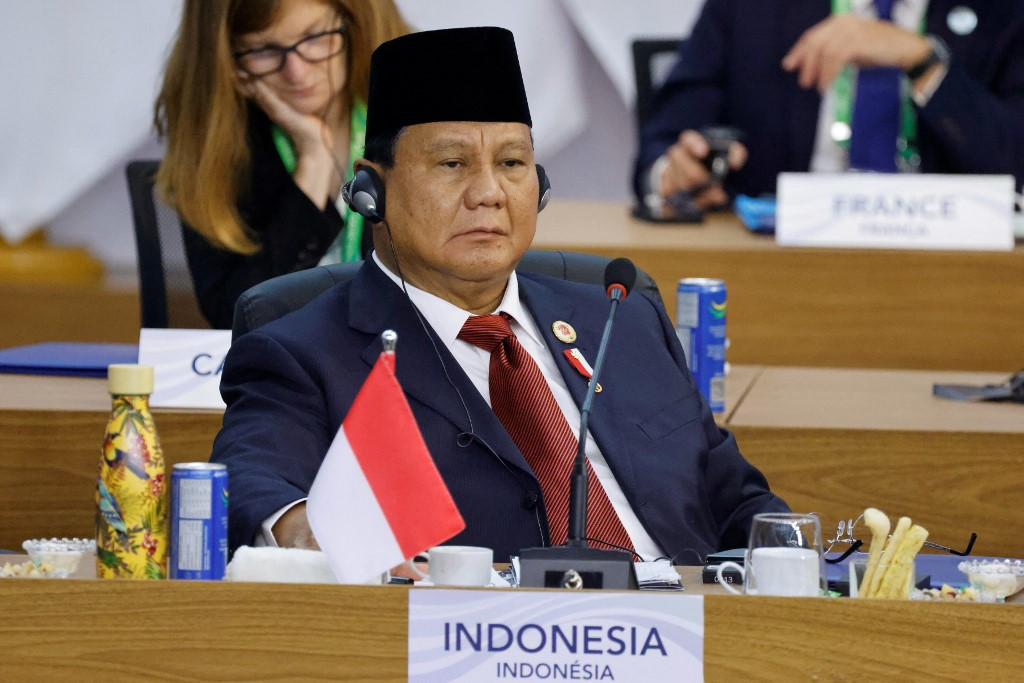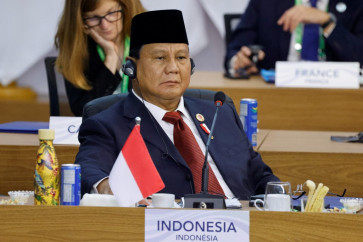Popular Reads
Top Results
Can't find what you're looking for?
View all search resultsPopular Reads
Top Results
Can't find what you're looking for?
View all search resultsIndonesia should think twice about joining BRICS and OECD
It is necessary for Indonesia to carefully consider whether joining either group could compromise its sovereignty and position as an influential country in ASEAN and the Global South.
Change text size
Gift Premium Articles
to Anyone
I
ndonesia needs to carefully evaluate the consequences of joining BRICS and the Organization for Economic Co-operation and Development (OECD), especially after the recent re-election of Donald Trump as United States president.
BRICS and OECD, two economics-focused organizations, could offer Indonesia promising economic opportunities and significant potential for global cooperation. However, with Indonesia's long-standing “free and active” foreign policy, it is necessary to carefully consider whether joining either group could compromise its sovereignty and position as an influential country in ASEAN and the Global South.
BRICS, which consists of five central countries: Brazil, Russia, India, China and South Africa, has succeeded in promoting its reputation as a solid economic organization against Western domination.
However, the diverse governance systems within BRICS, ranging from India's electoral democracy to the centralized governance models of China and Russia, raise concerns about the bloc's shared values in building the economic organization. Intense and immediate ties with some of these countries will indirectly affect Indonesia's stance in the global landscape.
Since his first term, Trump has focused on putting US interests above all else, and his protectionist economic policies could likely disrupt existing trade partnerships and alliances. Thus, Indonesia needs to carefully assess whether the desire to join BRICS aligns with Indonesia's broader long-term strategic foreign policy interests.
BRICS has a grand ambition of reducing dependence on the US dollar, a process called de-dollarization, which raises significant questions about its practical benefits for Indonesia. It is essential to pay close attention to changes in global trade standards, given Trump's track record of imposing tariffs and re-evaluating trade agreements.
In 2022, total trade between Indonesia and BRICS countries reached around US$93.16 billion, with most of it coming from China at 70.9 percent of Indonesia's exports to BRICS countries and 79 percent of Indonesia's imports from within the group. Indonesia's dependence on China comes with simultaneous strengths and vulnerabilities.



















